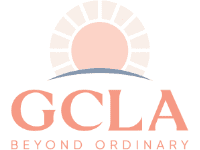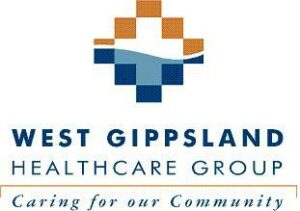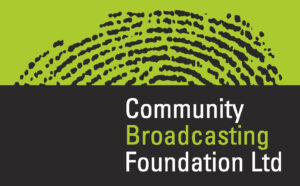For 7 years, the Pro Bono Salary Survey report has assisted not-for-profit organisations, providing practical and in-depth information on selecting appropriate benchmarks. Find out more
Find jobs with purpose
Helping you find your dream role, or perfect candidate
Post a jobMake Impact Core to your Career
Helping you find your dream role, or perfect candidate
Post a jobFeatured jobs
What are you worth?
Career advice
Changemakers

Dr Susan Palmer's app, Gather My Crew, helps Australians coordinate real, tangible help within their communities when support is needed most.
Read More
Anita Toy is an experienced community investment professional with extensive experience working in domestic and international philanthropy. She spent over a decade in corporate before
Read More
Samantha Hunter is the CEO of Occupational Therapy Australia (OTA), the peak body for occupational therapists in Australia. She is this weeks Pro Bono Australia Change
Read More
Katie Acheson has spent over two decades working on the ground with children and youth, representing their interests in major state, national and international processes.
Read More





































